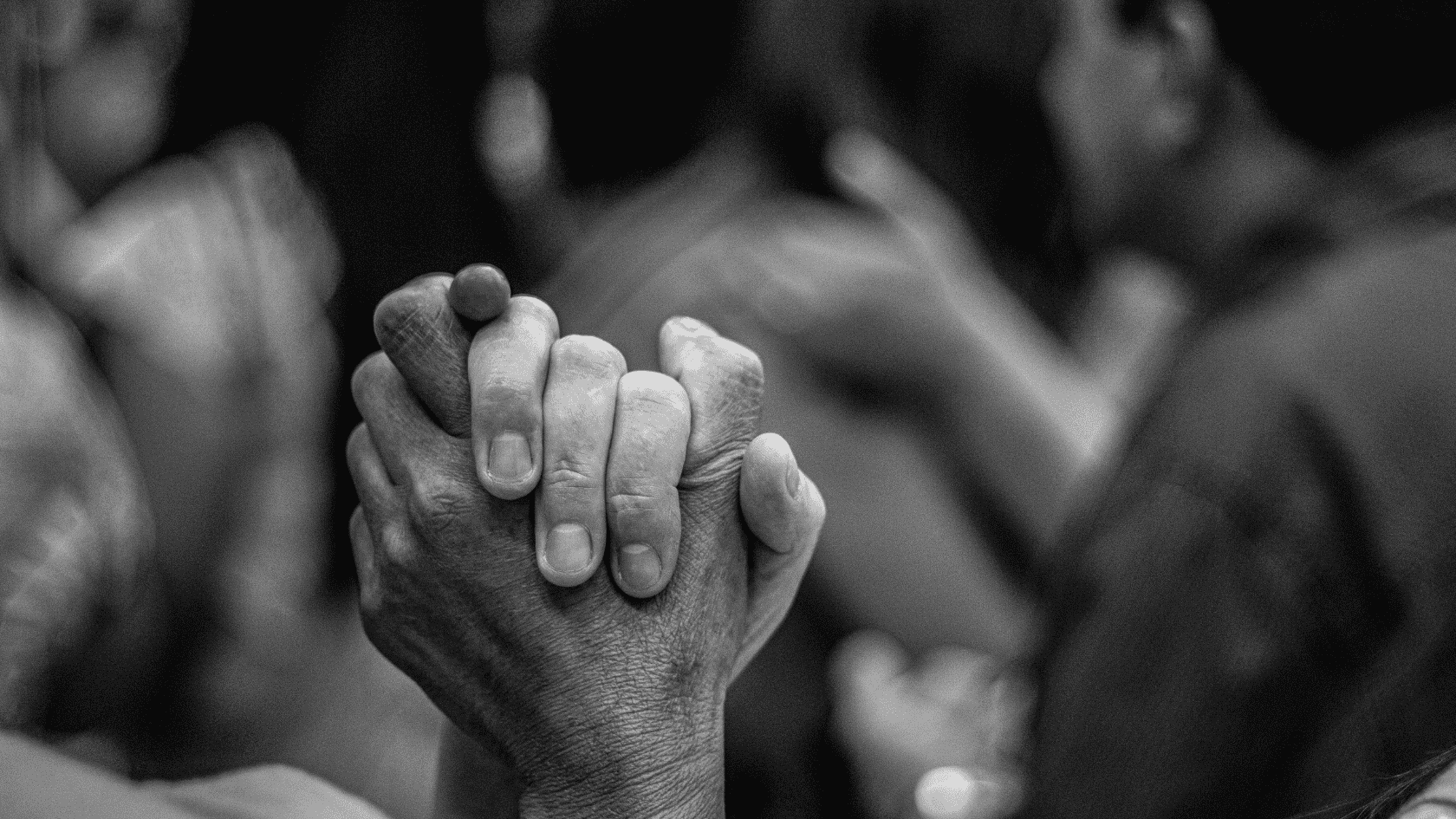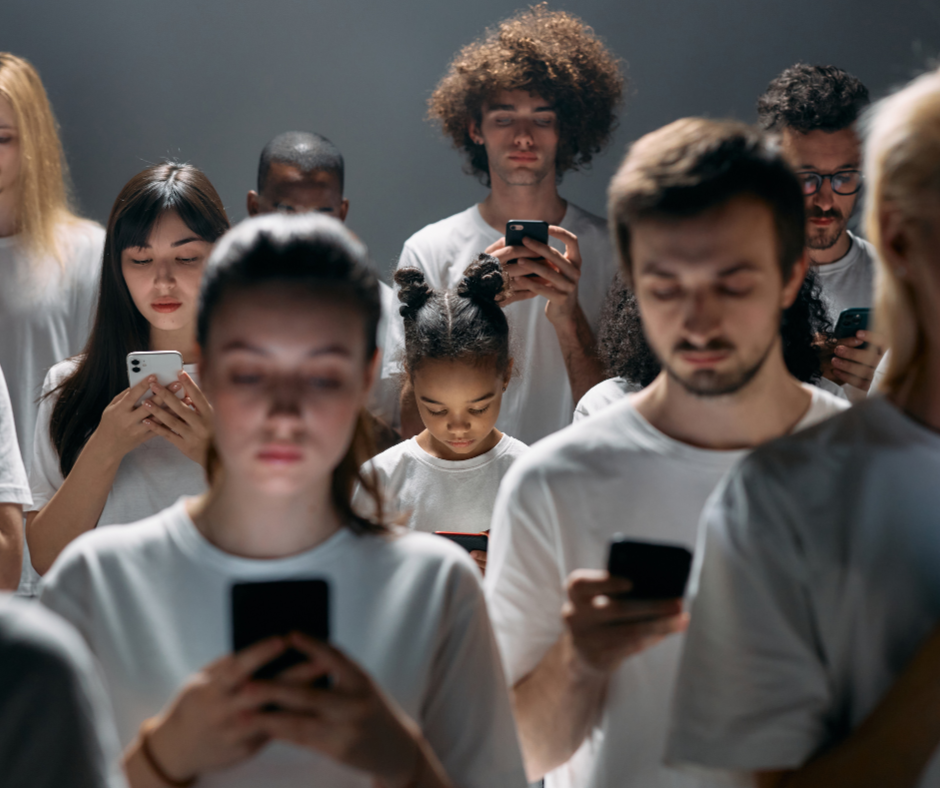
Rebuilding Real Connection in a World of Feeds and Filters
We've never had more ways to connect—yet more people than ever report feeling disconnected. The tools we once thought would bring us closer have quietly rewired how we relate to one another. This isn't just about screen time. It's about how social media has changed the rhythms of our friendships, the texture of our conversations, and the emotional weight of being seen. At pplkpr, we believe the future of connection is still human-first. But to move forward, we need to understand where we drifted.
Performance Has Replaced Presence
Social media rewards performance. Polished photos, clever captions, reaction metrics. But the more we curate, the less we reveal. As Sherry Turkle puts it, we're "alone together"—tethered to others, yet craving the depth that only vulnerability brings. Studies show that people who chase online approval often feel more alone offline. The metrics keep growing, but real connection thins out.
At pplkpr, we ask a different question: Who really saw you this week?
Echo Chambers Make It Harder to Hear Each Other
Algorithms are designed to keep us scrolling—not necessarily growing. As Eli Pariser described, our feeds turn into echo chambers. We're served more of what we already believe, and less of what challenges or connects us. That might be good for engagement, but it's bad for empathy. According to Pew, most Americans now believe social media worsens polarization. What if our relationships were guided less by clicks and more by care?
Face Time Is Fading
Face-to-face time with friends has dropped significantly in the past two decades. We text. We like. We react. But we don't always show up. Especially among teens, time online is replacing time in person—and with it, a steep rise in loneliness. These aren't just generational shifts. They're warnings. And as Robert Putnam warned years ago, we're "bowling alone" more often than we realize.
We believe connection isn't just about remembering birthdays—it's about making time for coffee, conversation, and presence.
We're More Globally Connected, But Locally Isolated
It's beautiful to have friends across time zones. But many of us can name a dozen contacts in another country while barely knowing our next-door neighbor. Research confirms it: big online networks often come at the cost of local ties. But strong, nearby relationships are the ones that most often support us during real-life highs and lows.
pplkpr helps people prioritize both—because it's not about choosing between near or far. It's about showing up on purpose.
The Emotional Toll Is Real
Excessive scrolling—especially passive use—feeds comparison, FoMO, anxiety, and disconnection. The APA's latest findings show that teens, in particular, are bearing the brunt. But this isn't just about kids. We all feel the gap between what we see and how we feel. Between being "connected" and being known.
If social media is loud, pplkpr is listening. We're building tools that help you pay attention to what matters—your people.
So How Do We Reconnect?
It starts with intention:
-
Digital Awareness
Understand how your tools are shaping your behavior. Be a conscious connector.
-
Better Tech Choices
Use platforms that respect your time and relationships, not exploit them.
-
Offline Rituals
A text is good. A voice note is better. A meetup? Even better.
We believe in small, consistent acts of connection: checking in with a friend you haven't spoken to in months. Remembering an important date. Making plans and following through. That's what pplkpr is here to support.
Conclusion
We don't need to abandon technology to reclaim our connections—we need to redesign our relationship with it. Social media won't disappear. But we can choose tools and rhythms that support what makes us human: attention, empathy, reciprocity, and love. That's the mission behind pplkpr: to help people nurture the relationships that matter most—quietly, meaningfully, and consistently.
References
- Turkle, S. (2011). Alone Together: Why We Expect More from Technology and Less from Each Other.
- Pariser, E. (2011). The Filter Bubble: How the New Personalized Web Is Changing What We Read and How We Think.
- Twenge, J. (2017). iGen: Why Today's Super-Connected Kids Are Growing Up Less Rebellious.
- Putnam, R. (2000). Bowling Alone: The Collapse and Revival of American Community.
- Pew Research Center (2019). Americans and Political Polarization.


